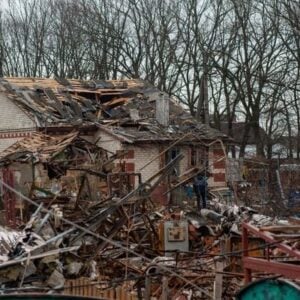For over 500 days, women and girls in El Fasher, North Darfur, have endured a relentless siege, facing extreme risks of starvation, indiscriminate bombardment, and sexual violence. Cut off from humanitarian aid and protection, they are surviving under famine-level conditions, with food stocks depleted and families resorting to eating animal feed and tree leaves. The United Nations has documented at least 125 civilian deaths in the past three weeks alone, including summary executions, though the actual toll is believed to be higher.
Since April 2023, more than 600,000 people have been displaced from El Fasher and surrounding camps. Inside the city, access to essential services is virtually nonexistent. Over forty-one health and educational facilities have been destroyed, medicine supplies are exhausted, and pregnant women are forced to give birth without skilled care. Women in need of reproductive health services or survivors of sexual violence have no access to medical assistance, further exacerbating their vulnerability.
The conflict has displaced 1.79 million people across North Darfur, with over half of them being women and girls. Famine conditions were previously identified in camps such as Abu Shouk, and repeated attacks on humanitarian personnel and assets continue to hinder relief efforts. Conflict-related sexual violence, including rape and gang rape, has been systematically used as a weapon of war, while starvation is being deliberately imposed on civilians in violation of international humanitarian law.
Women-led organizations and volunteers remain the backbone of community survival, providing critical support despite scarce resources. UN Women condemns the violations against women and girls and calls for an immediate ceasefire, safe and unhindered humanitarian access, and the voluntary evacuation of civilians from the area. These actions are in line with Security Council Resolution 2736 (2024), which demands an end to the siege and the protection of civilians, particularly women and girls.
The plight of women like Zahara reflects the broader suffering of all women and girls trapped in El Fasher. UN Women and the international community urge immediate and decisive action to protect civilians, ensure humanitarian access, and prevent further loss of life. Every day that passes under the siege is a matter of survival, underscoring the urgent need for global intervention.






